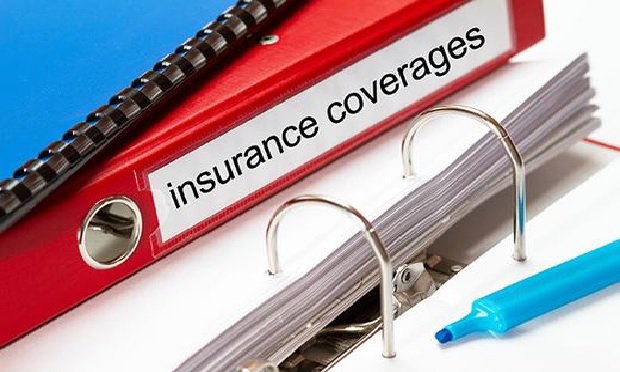 One of the many decisions a small business owner needs to make to ensure their success is to determine the type of small commercial insurance they need to protect their property, employees and products. (Photo: zabanski – stock.adobe.com)
One of the many decisions a small business owner needs to make to ensure their success is to determine the type of small commercial insurance they need to protect their property, employees and products. (Photo: zabanski – stock.adobe.com)
An anonymous quote says: "Small business isn't for the faint of heart. It's for the brave, the patient, and the persistent. It's for the overcomer." Every day, small business owners are faced with an array of responsibilities and decisions that could often make or break their organizations. While being an entrepreneur, running your own company and fulfilling your life's passions is a dream for many, being a small business owner comes with many risks.
Recommended For You
Want to continue reading?
Become a Free PropertyCasualty360 Digital Reader
Your access to unlimited PropertyCasualty360 content isn’t changing.
Once you are an ALM digital member, you’ll receive:
- Breaking insurance news and analysis, on-site and via our newsletters and custom alerts
- Weekly Insurance Speak podcast featuring exclusive interviews with industry leaders
- Educational webcasts, white papers, and ebooks from industry thought leaders
- Critical converage of the employee benefits and financial advisory markets on our other ALM sites, BenefitsPRO and ThinkAdvisor
Already have an account? Sign In Now
© Touchpoint Markets, All Rights Reserved. Request academic re-use from www.copyright.com. All other uses, submit a request to [email protected]. For more inforrmation visit Asset & Logo Licensing.







